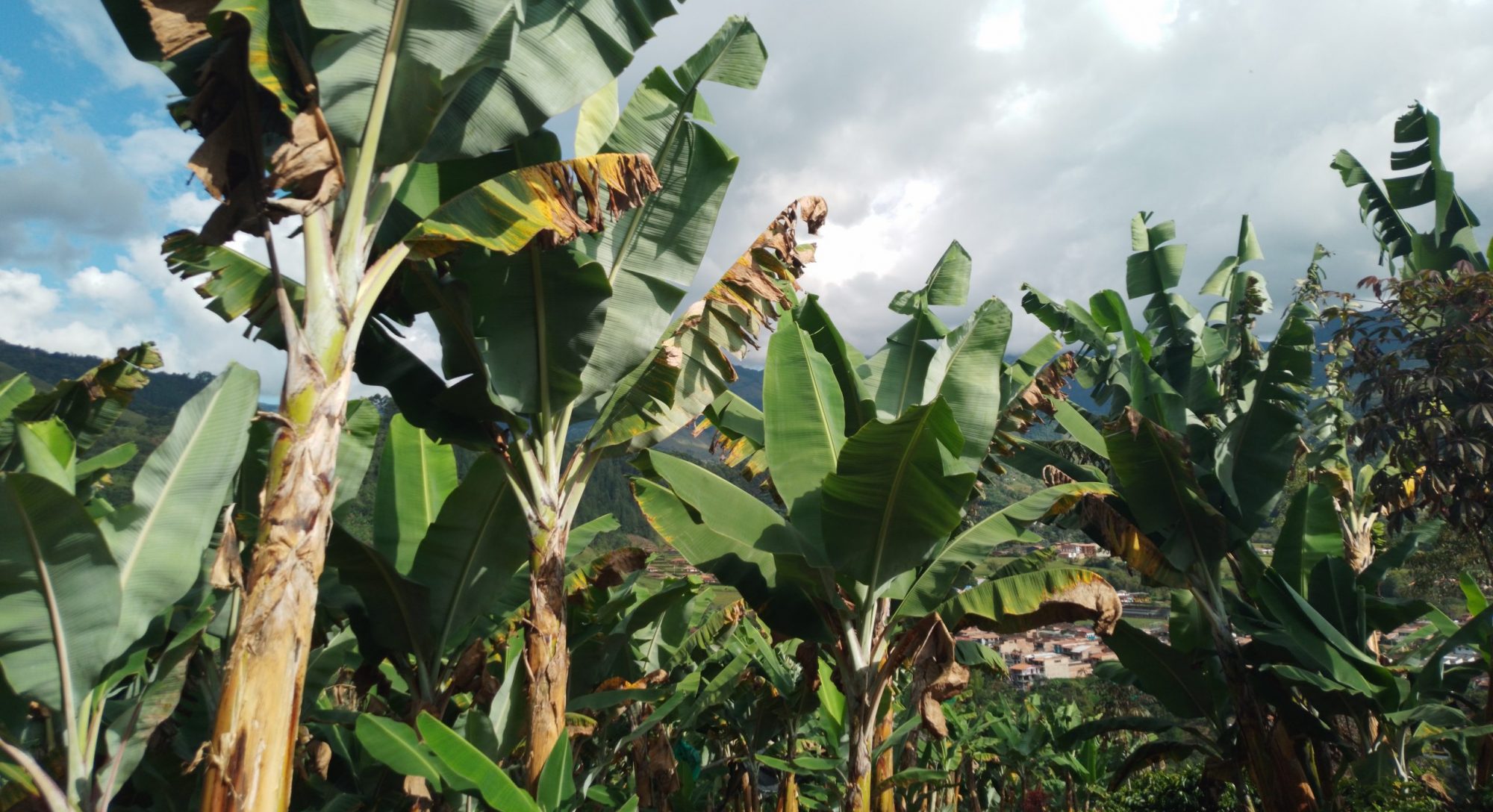How did you come up with the topic?
The theme of my dissertation was inspired by a conversation with my friend Vijdan 3 years ago. We were driving to Kayalar/Όργα in Cyprus for our annual swim and ekmek kadayifi. Vijdan told me to look outside the window. She said, “all this water in this dam here – is all from Turkey”. I was shocked.
The conversation was a turning point, as it made me think why I had never considered water’s role in the militarisation and division of my island. Over the past decades, across the divide of Cyprus, a growing movement has emerged that places environmental justice and reunification as an interconnected struggle. I saw a gap in my understanding which also extends to environmental groups and the reunification community as well. There has been minimal engagement with the political economy and historical context of water on the island, beyond climate change narratives. As a result, this dissertation project became a collective mission for me to attempt to understand the connections between the division of Cyprus and the political ecology of water management through the lens of the commons. This project felt meaningful and important because the current status-quo of water management is defined by colonial struggles, ecological degradation and neoliberalism. I wanted to write a dissertation that is reflexive and disruptive of this reality.
Which scholars or activists influenced you?
My dissertation was influenced by different viewpoints from the political ecology of water and the commons. Maria Kaika and Erik Swyngedouw’s work on neoliberalism, state building, and water management was foundational to my writing. It made it clear to me that water is not scarce by nature, but becomes scarce through the market and extractivist water practices. Moreover, the book ‘Divided Environments’ by Clemens Hoffman, Jan Selby and Gabrielle Daoust was inspirational as it applied a political ecology lens to Cyprus’ waters. The authors politicised different water infrastructure with a critic to water scarcity and mainstream climate change narratives. Their analysis helped shape my own understanding of these issues. At the same time, growing up in Cyprus allowed me to engage with their work critically, as someone with lived experience of the island’s division. I found that scholars that research Cyprus – but only spent a limited amount of time there – don’t appreciate the everyday embodied struggles of reunification and the epistemologies that come with them.
From the world of the commons, I incorporated the ‘decommonisation’ argument by Nayak Pratteep, which places the commons as dynamic processes rather than a fixed point. I approached this body of work with an experimental approach – where I applied it to commoning of divided water – a commons that is not necessarily tangible.
Astrida Neimani’s transformative-feminist body of work ‘Hydro Commons’ was influential. It let me reimagine water bodies beyond their neutral and technocratic capitalist abstraction. It raised the importance of embodying water and placing the lived experience of water struggle and emancipation as a centre to the analysis.
Finally, my research was influenced by the local activists, artists, and architects I had the honour to interview. Our conversations, disagreements and drawings shaped this dissertation. Their subjectivities, lived experiences, and activism enabled reimagination of water in Cyprus, but also a realisation of how the current partitionist and neoliberal water governance is eroding water commons.
Any challenges you faced as a researcher?
I would say the biggest challenge I faced in my research project is the University of Bristol’s austerity-driven approach to education. The department of Geographical Sciences has amazing and dedicated academics, but it is also understaffed. As an undergraduate student, I saw the effects of this. Staff were overworked and unable to give each student the time and support their dissertation deserved in my opinion. This was not a matter of unwillingness on their behalf but an institutional problem, which left me feeling isolated at times, especially when I was excited to explore my research interests deeper.
Any tips for other undergraduate students embarking on a dissertation project?
Honestly, I would say the biggest tip is to calm down. There is so much stress about choosing a dissertation topic that is academically relevant and interesting. We live in an era defined by struggle and injustice but also empowerment and transformation. Human geography needs more research projects that are personal, subjective, maybe messy, but most importantly meaningful.
We are exposed to so much critical theory, and while that is important, I think the right step is to connect it with themes that speak to us and our experiences. One quote I read in a social ecology book, and I deeply resonate with is that “research is not about the interpretation of the world, but the organisation of social transformation”. Some aspects of human geography have the temptation to produce clever interpretations of space as the end goal of research. We are not studying just to be smart, but to do something meaningful with what we learn.
Has the dissertation as a project been transformative for you?
Absolutely! The dissertation opened new doors to me. The political ecology literature has transformed my perspectives of environmental change beyond notions of environmental liberalism. I was able to reimagine water bodies and reformulate them as commons that oppose the militarisation and division of Cyprus. This was a very meaningful outcome for me as I was able to share my research results with the local community of activists in Cyprus and initiate a deeper discussion on this topic.
In my dissertation I used participatory sketching as a research method with the activists involved in the project. This highlighted to me the power of the visual to spark reimagination and shape how we understand geography. Since September, I’ve been pursuing a master’s in Multidisciplinary Printmaking, where I have been exploring the themes of my dissertation: water scarcity, commons and divided environments through printmaking.

